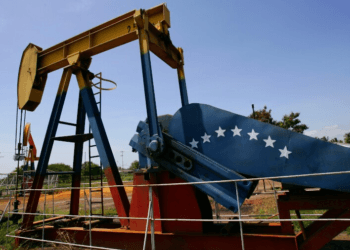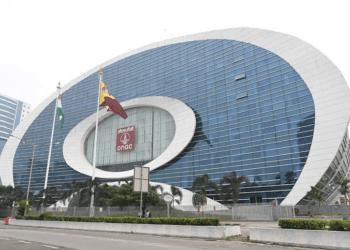Athira Sethu
Kochi, 13 May 2025
India informed the World Trade Organization (WTO) that it intends to raise tariffs on some goods exported from United States. These goods are aluminium, steel, and their products. This is in retaliation to previous US moves to impose tariffs on these products.
In March, US President Donald Trump proposed a 25% tariff on all imports of steel and aluminium. It was done with the intention of safeguarding US manufacturers. The move was, however, opposed by several nations, including India, as it was perceived to be unfair. The European Union and Canada also responded with imposing tariffs on American products.
India stated the US had made these moves without sufficiently notifying the WTO. India thinks these actions of the US violate international trade principles. The US taxes have touched about $7.6 billion worth of Indian products, says India. The additional charges imposed on these products may cost India approximately $1.91 billion.
As a result of this, India presently wishes to impose higher taxes on goods from the United States. India asserts this is permitted in WTO rules if one nation’s actions damage another’s trade. In doing this, India expects to offset the damage caused by the US tariffs.
India has stated that it might revise the list of US items impacted or the tax rates, if necessary. It also has the right to revise or replace this proposal at some future time. This is an example of how global trade relations are interlinked. When one nation imposes higher taxes, others will do the same to guard their own sectors. India’s act comes in this raging trade tension, and it follows similar moves by nations such as the EU and Canada.





















